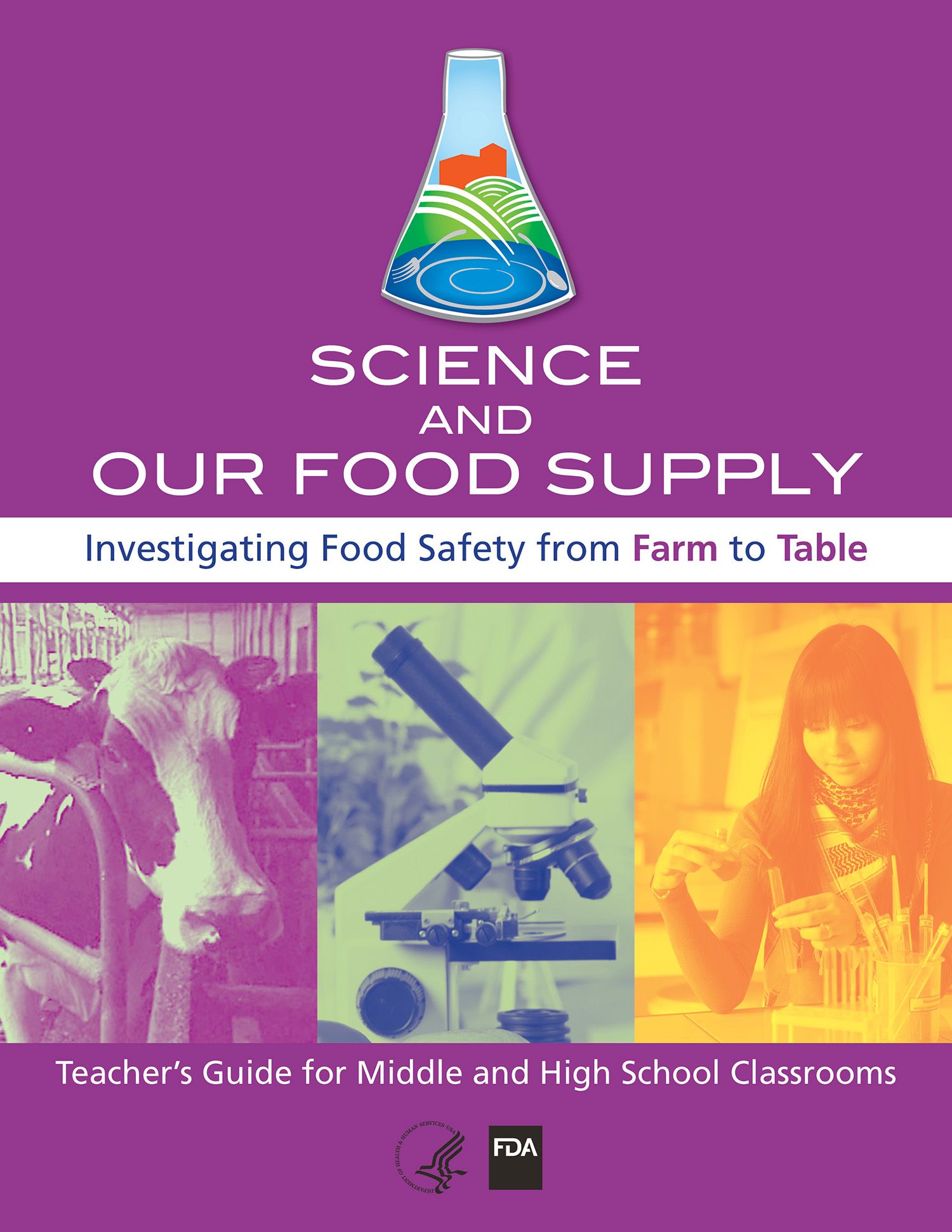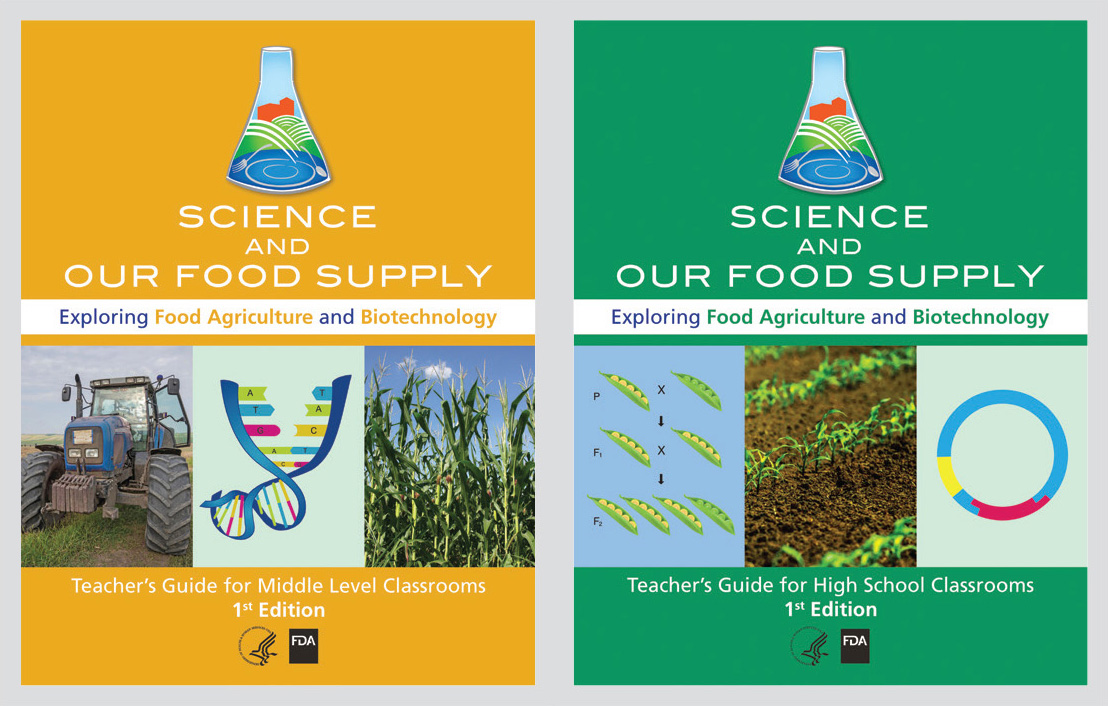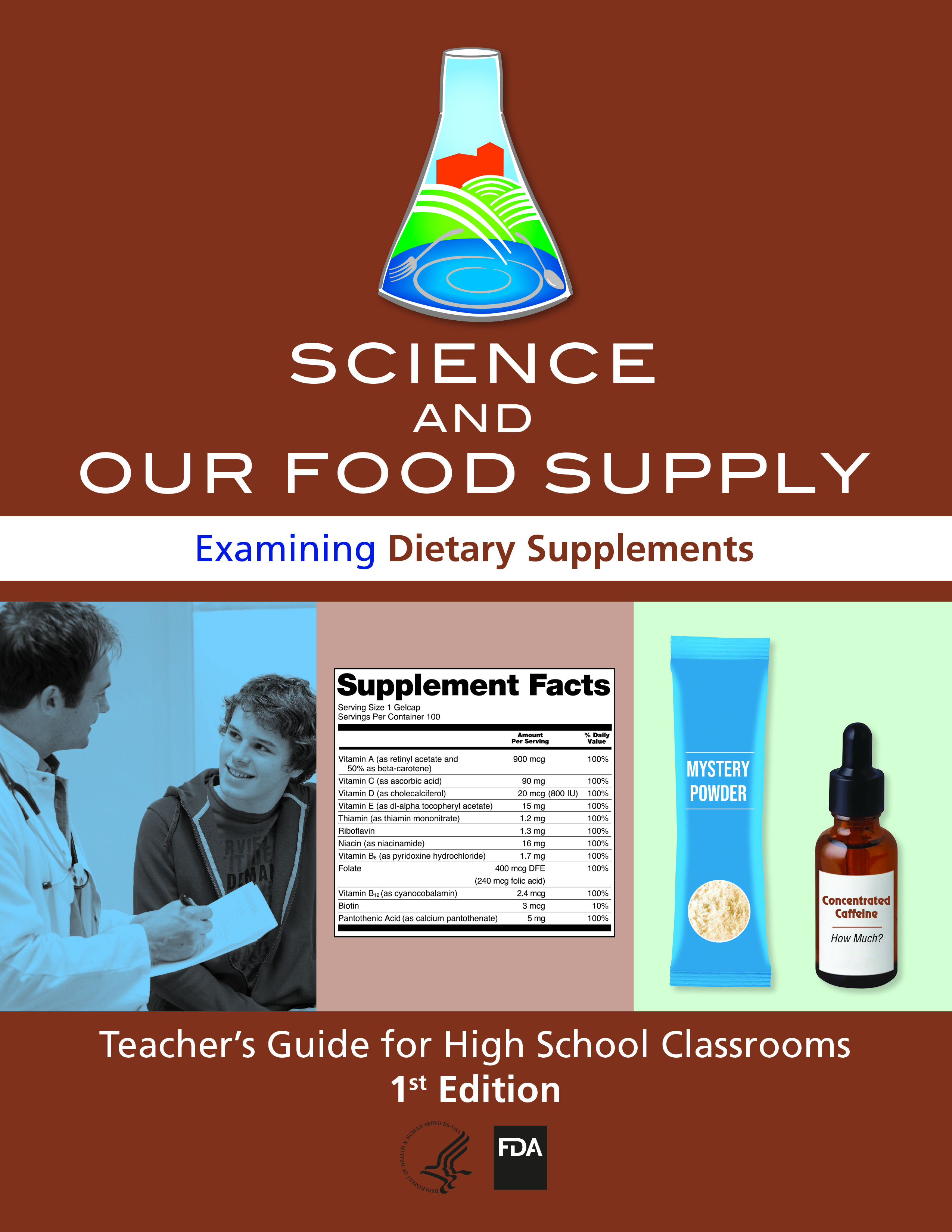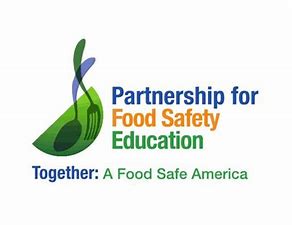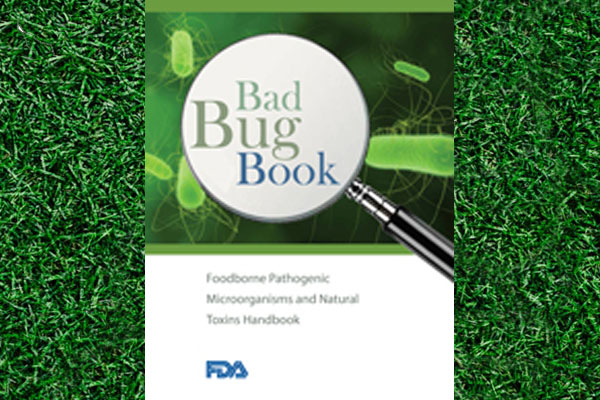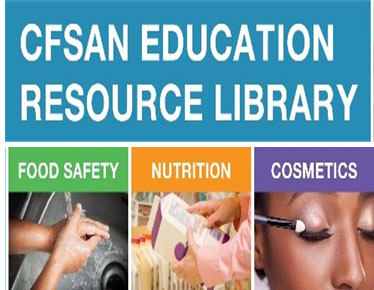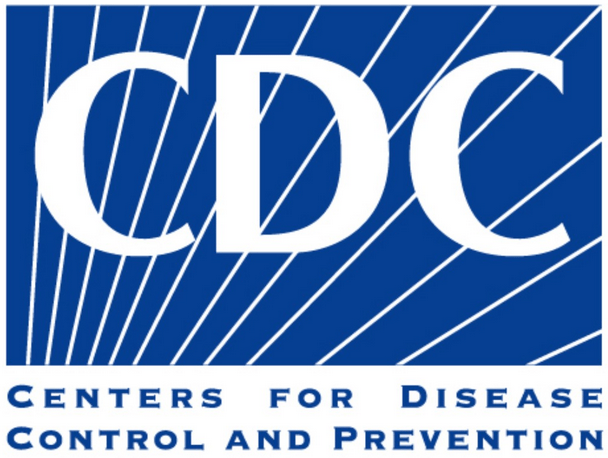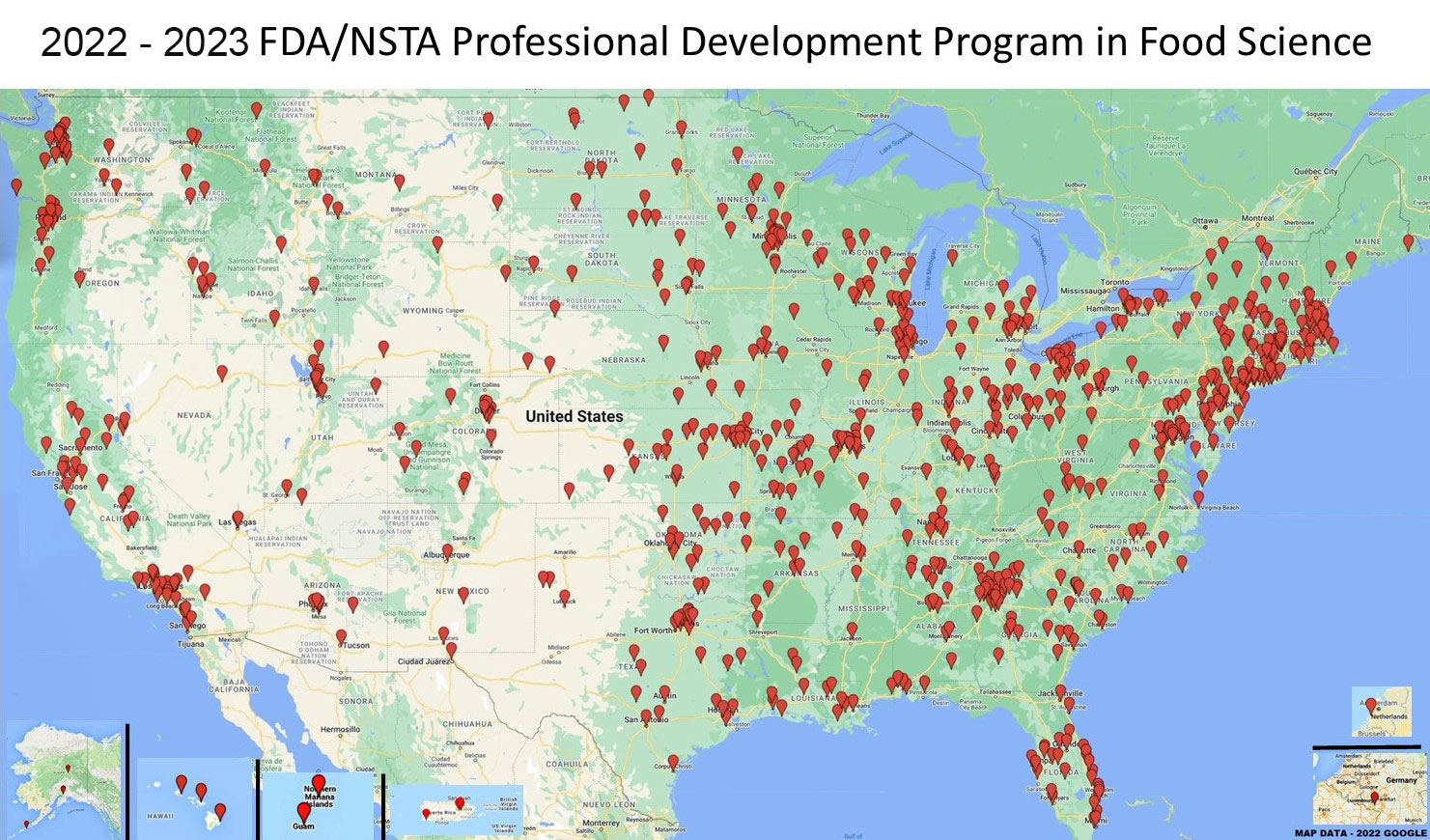About the Program
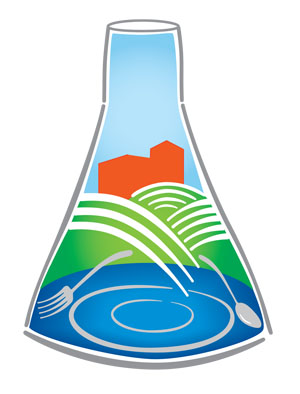
FDA’s Professional Development Program in Food Science has evolved to an asynchronous training course consisting of four separate classes – one for each of the curriculum topics:
Science and Our Food Supply: Investigating Food Safety from Farm to Table
Science and Our Food Supply: Using the Nutrition Facts Label to Make Healthy Food Choices
Science and Our Food Supply: Exploring Food Agriculture and Biotechnology
Science and Our Food Supply: Examining Dietary Supplements
Choose training in all four curriculum topics or just those that work with your classes. Complete each training topic within three weeks and earn one CEU credit for each class. This ongoing program is supported and directed by the FDA and administered by Graduate School USA.
You may take one or all of the courses, but you must complete one full course before you can register for/begin the next one.
